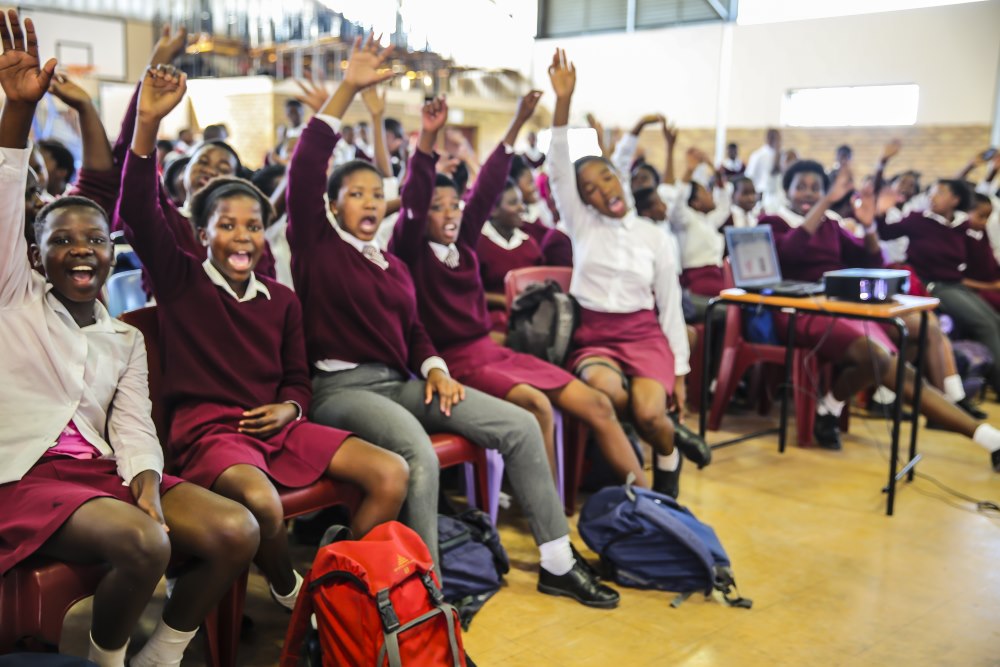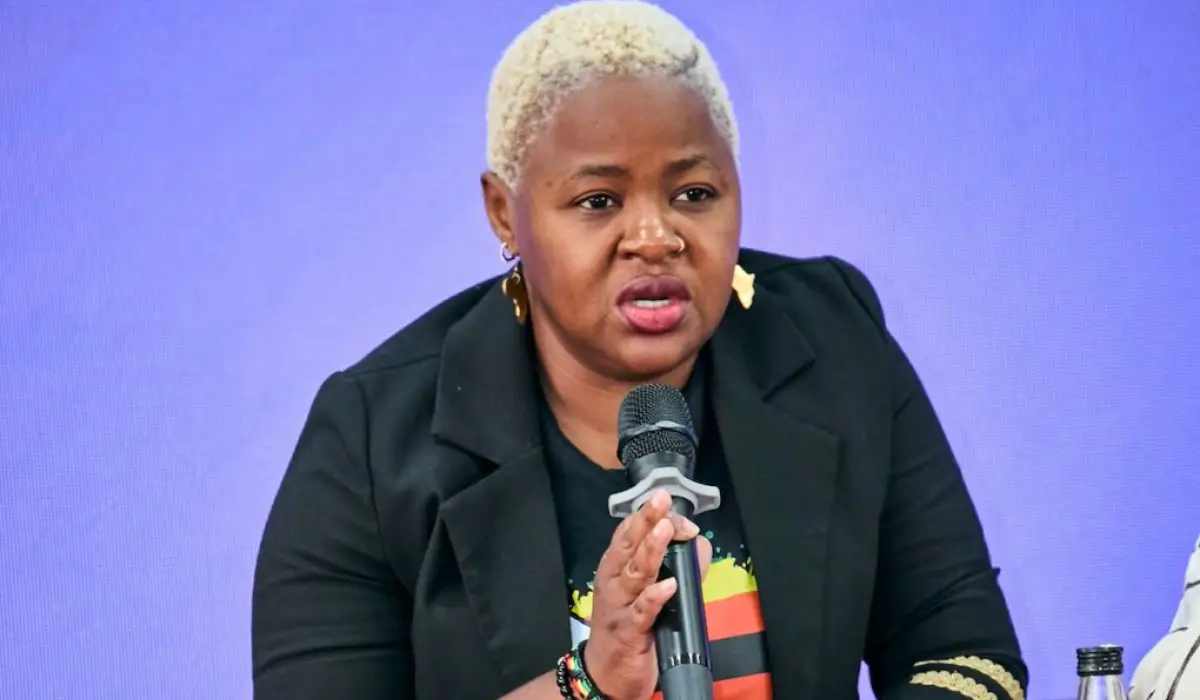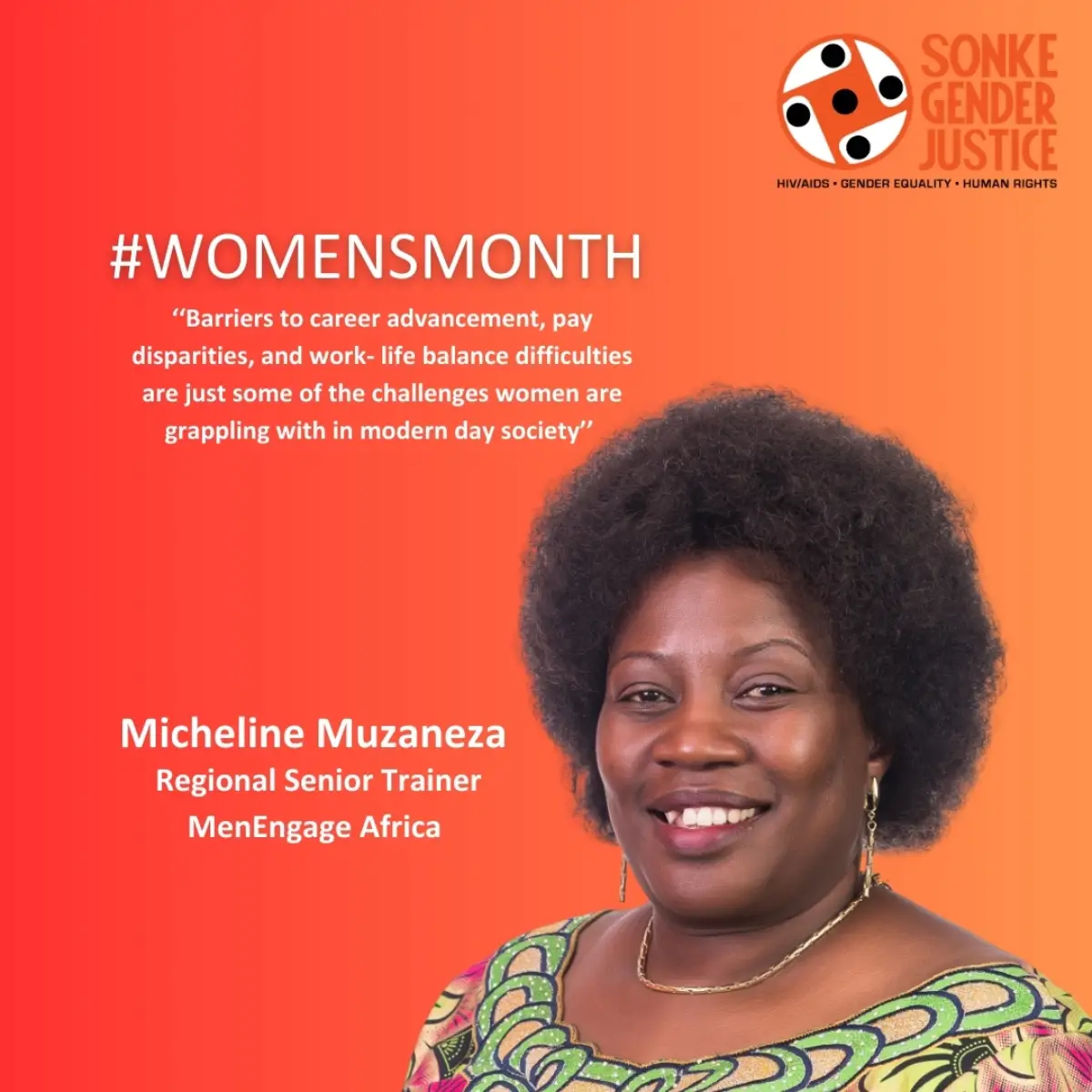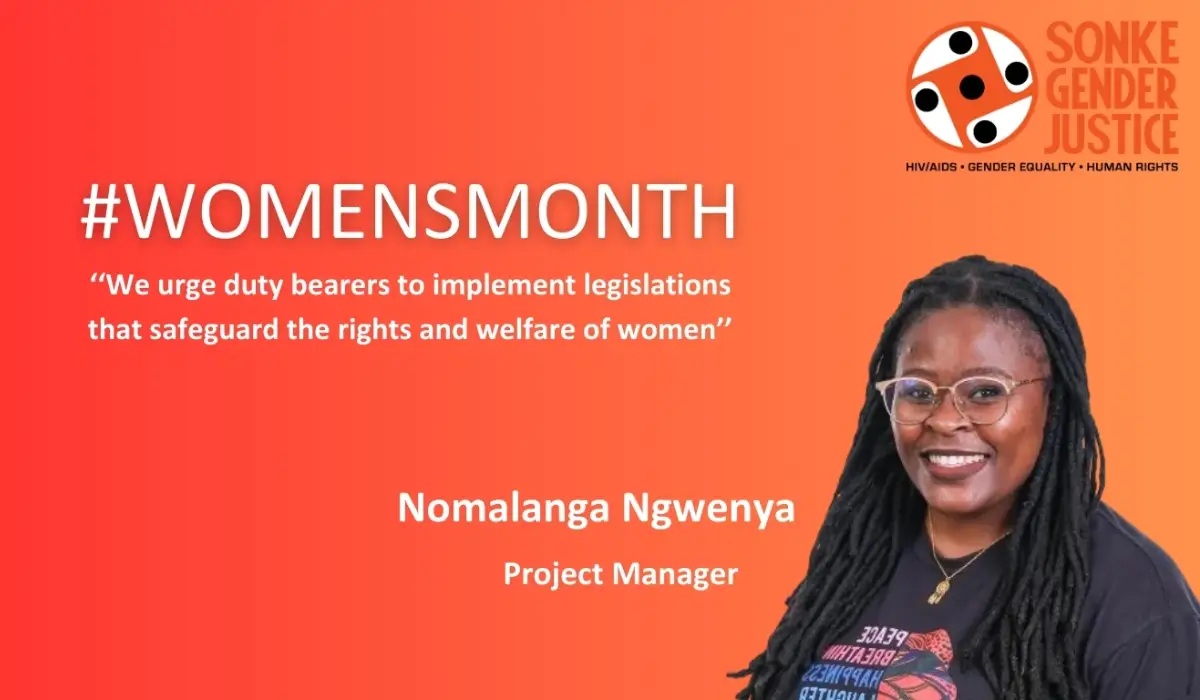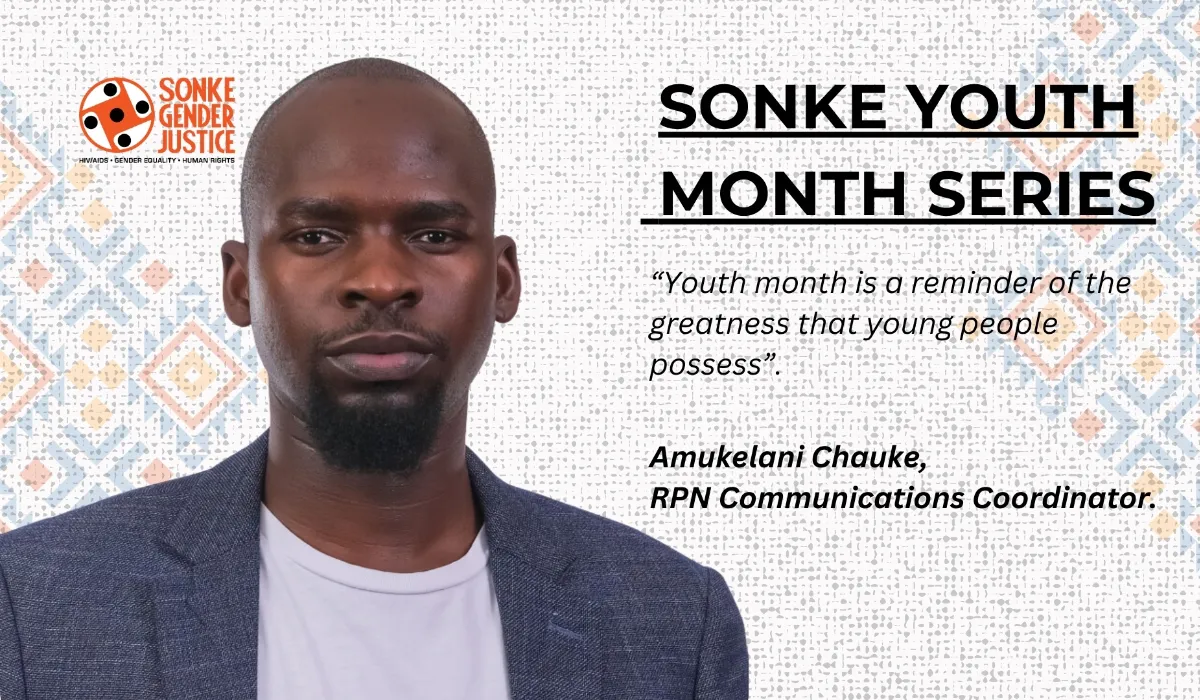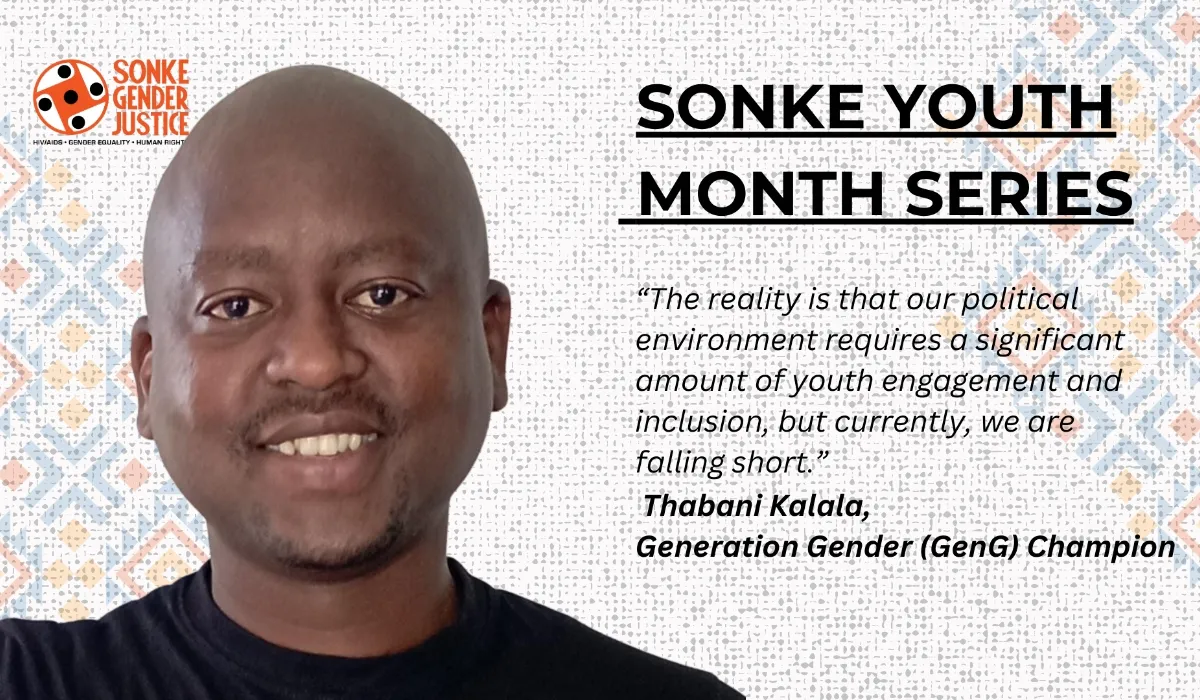In Africa, the decision whether to buy a loaf of bread to satiate a grumbling stomach, or a sanitary pad to manage a young girl’s period is commonly made amongst households struggling to survive. And more often than not, the stomach wins.
Sive Ncanyawa, a 15 year-old schoolgirl from Europe, an informal settlement in Gugulethu, Cape Town cannot afford to buy sanitary pads. She is forced to use unhygienic methods to manage her menstruation cycle and will often miss out on school when her flow is heavier.
“When we do not have money to buy sanitary pads, I take my old clothes, tear them up and use them instead,” she says.
For a young woman attending a mixed gender school, she feels embarrassed when her menstrual cycle arrives unexpectedly. And says Sive, she has been teased by her friends for period-related mishaps.
“I feel sad when my friends make fun of me,” she says. “I stay at home then I must catch up on work.”
Judith Makasi, Deputy principal at Gugulethu Comprehensive Secondary School told Sonke that not being able to access sanitary pads, leads to a decline in students’ attendance and affects the participation of girls in class because they feel uncomfortable. Sive agrees, saying she is unable to listen to her teachers or complete her schoolwork while menstruating.
As well as affecting the schooling of girls like Sive, the use of alternative sanitary towels such as rags or newspapers, could also affect the their health as poor hygiene can increase susceptibility to infection.
Trainer at Sonke Gender Justice Thulani Velebayi says: “The root cause of this problem is poverty. When having to make the choice between buying food or sanitary pads, girls will frequently chose food.”
And the lack of a supportive family unit doesn’t help, adds Judith, who says parents are often absent. “We often see child-headed homes. Or students might live with their grandparents, aunts and uncles and this gives rise to other issues. For example some children receive government grants but the money is not spent on their needs,” she says.
To address the issue of a lack of sanitary towels in impoverished areas, Susan Barnes, the founder of Project Dignity, has developed reusable sanitary pads called Subz that can be distributed among girls in schools throughout South Africa. Subz are comprised of a pad and pantie duo, which are washable and can be re-used. The panties are made of 100 percent cotton, the pads from five layers of hydrophilic fabric, which wicks moisture away from the body.
These pads can last a girl up to five years. Susan and her colleagues also educate young women on personal hygiene, HIV and Aids and the menstrual cycle.
“To date we have donated 65 000 packs of the panties and pads to needy schools in South Africa,” said Susan. The company has won several awards, including the Clarins Most Dynamic Woman Award, the SAB Social Innovation Award and the Greenovation Award.
In addition to educating young girls on personal hygiene, Thulani and the Sonke team engage boys about puberty and how to respect women undergoing these changes. “We engage boys and girls on the importance of understanding the differences in puberty between the sexes and promoting gender equality among them.”
On receiving her menstruation pack Sive said: “I think that people must sponsor pads to schools who can not afford it. I feel that the price of pads in shops must also be less.”
Watch the video here.

